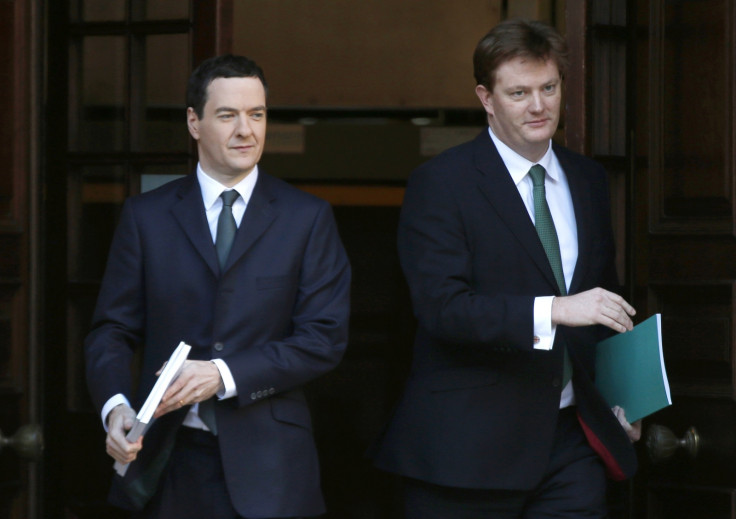William Keegan: Autumn Statement shows folly of George Osborne's savage economic cuts
During Gordon Brown's long reign as Chancellor of the Exchequer, the Conservatives, then of course in Opposition, used to criticise him for Budget speeches which comprised a long list of micro measures which, while they might have been worthy in themselves, made pretty boring listening, and were not necessarily of the strategic significance which one expects on such occasions.

Well, today, in his last Autumn Statement before next May's British general election, the present Chancellor George Osborne delivered the kind of speech that he used to criticise when Brown was in office.
As with his predecessor, there were many micro measures aimed at improving the supply side of the economy , such as greater help for small and medium sized businesses, and assorted infrastructure projects, which were in themselves unexceptionable.
The problem was that, for all his listeners, they were obviously a diversion from the big picture, which, pure and simply, is the lamentable failure of his strategy.
From the moment he came into office in the early summer of 2010, and for many months after, Osborne made it clear that he wished to be judged by the success of his plan to eliminate the budget deficit within the lifetime of this Parliament..
However, the best that he can say is that the deficit has been cut in half. It is still, at over £90bn, or 5% of GDP, well above his self-imposed target.
The emphasis is on self-imposed, because there was no need to make such an absurdly ambitious commitment, as a number of people closer to the Chancellor than your correspondent warned him.
None other than Ed Balls warned him that summer that he ought to take a longer view of the problem. The fact is that the financial crisis was a cataclysm on a par, from the economic point of view, with the effects of war.
If the postwar Attlee government had tried to eliminate the deficit too fast, that would have been the end of their plans for the much-prized National Health Service and welfare state. Osborne introduced cuts too fast, and depressed the animal spirits of businessmen with all his talk of austerity.
There is growth now, but after a prolonged depression. There was no need for such severe austerity, and, in any case, the strategy has failed by Osborne's own criterion. One wonders whether, when boasting this morning in a tweet that he was going to announce the final repayment of debts incurred by Britain in the First World War, Osborne was aware of the irony. After economic cataclysms, debts do not have to be repaid in a hurry.
William Keegan is a journalist and academic who is the senior economics commentator at The Observer.
© Copyright IBTimes 2024. All rights reserved.







